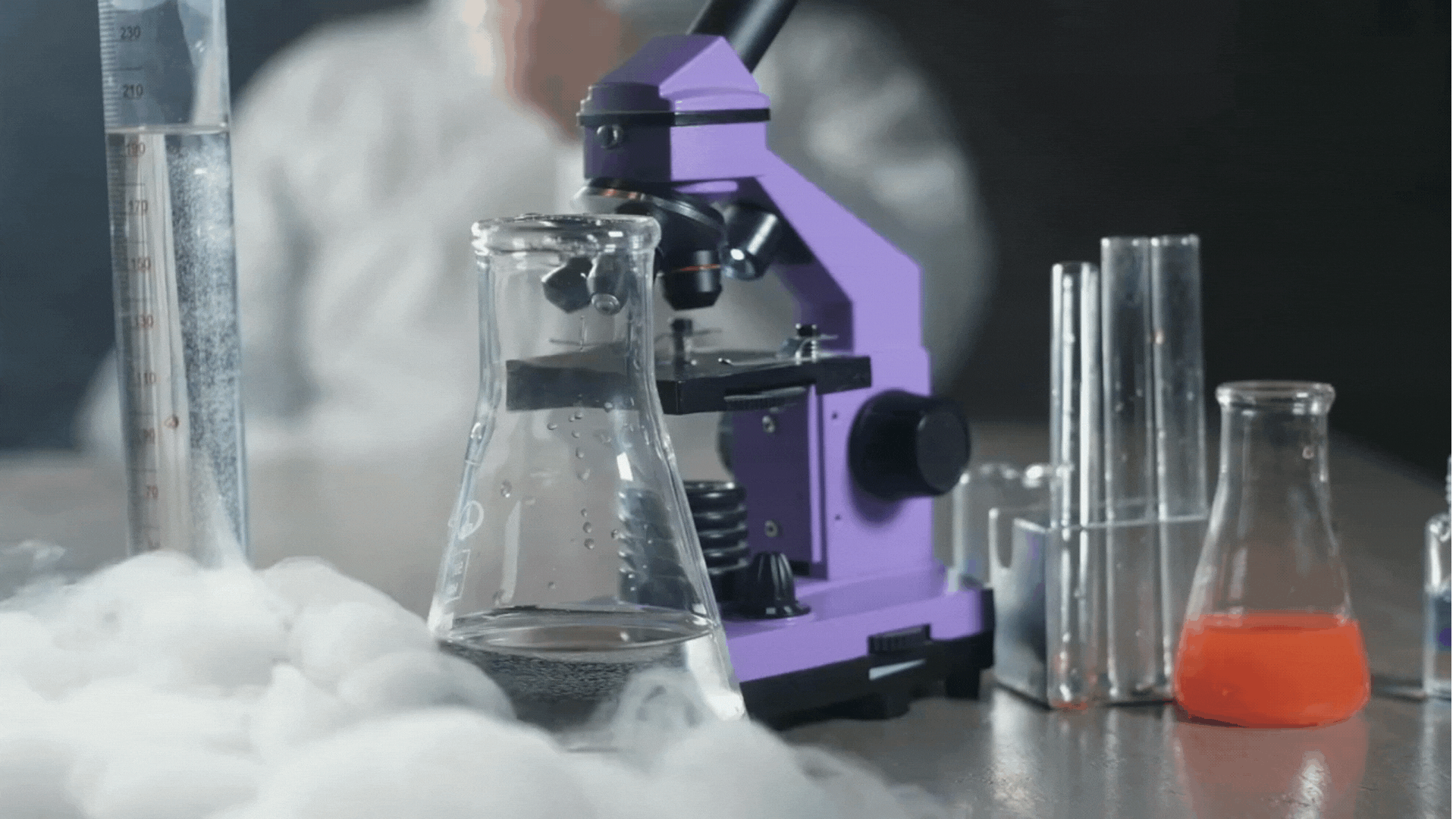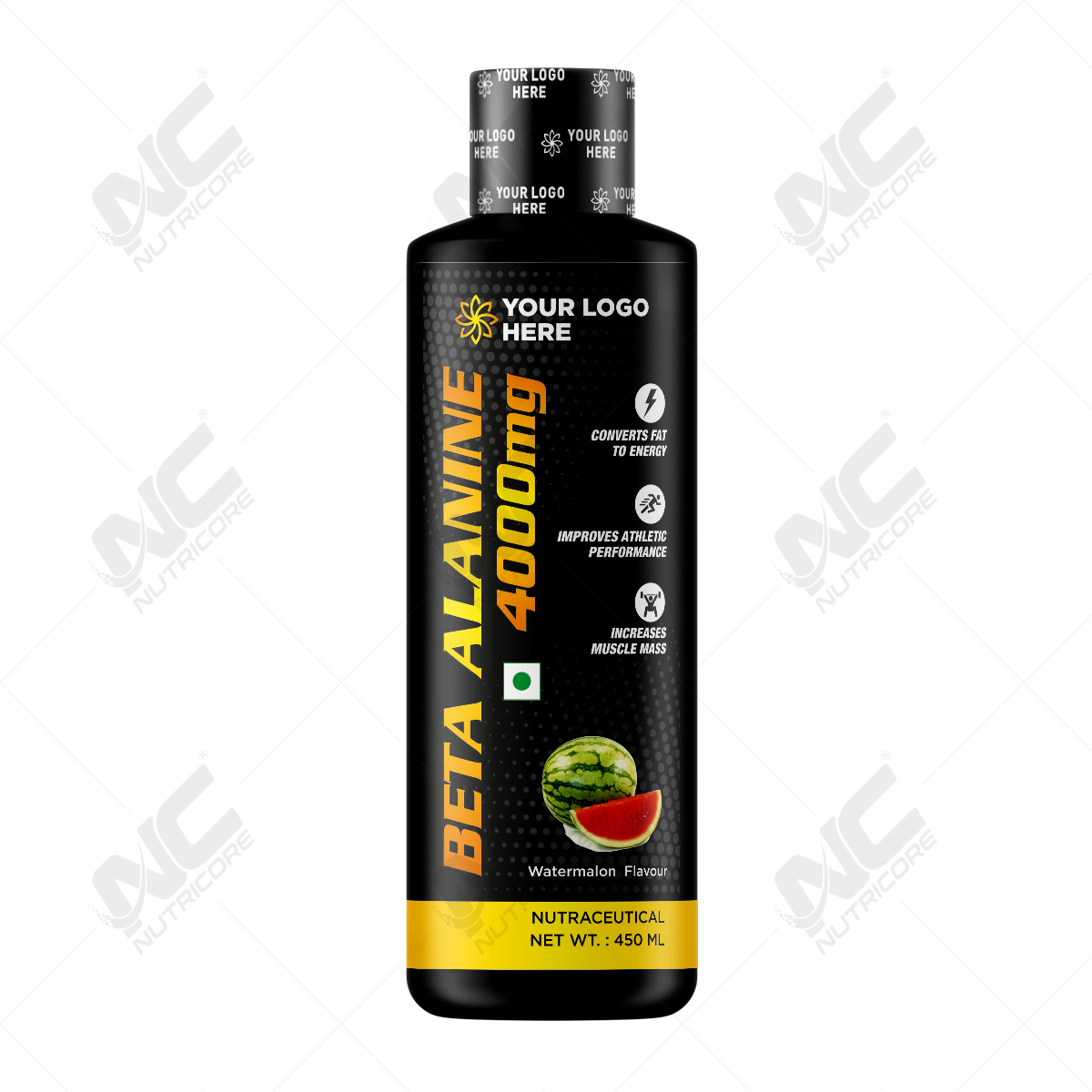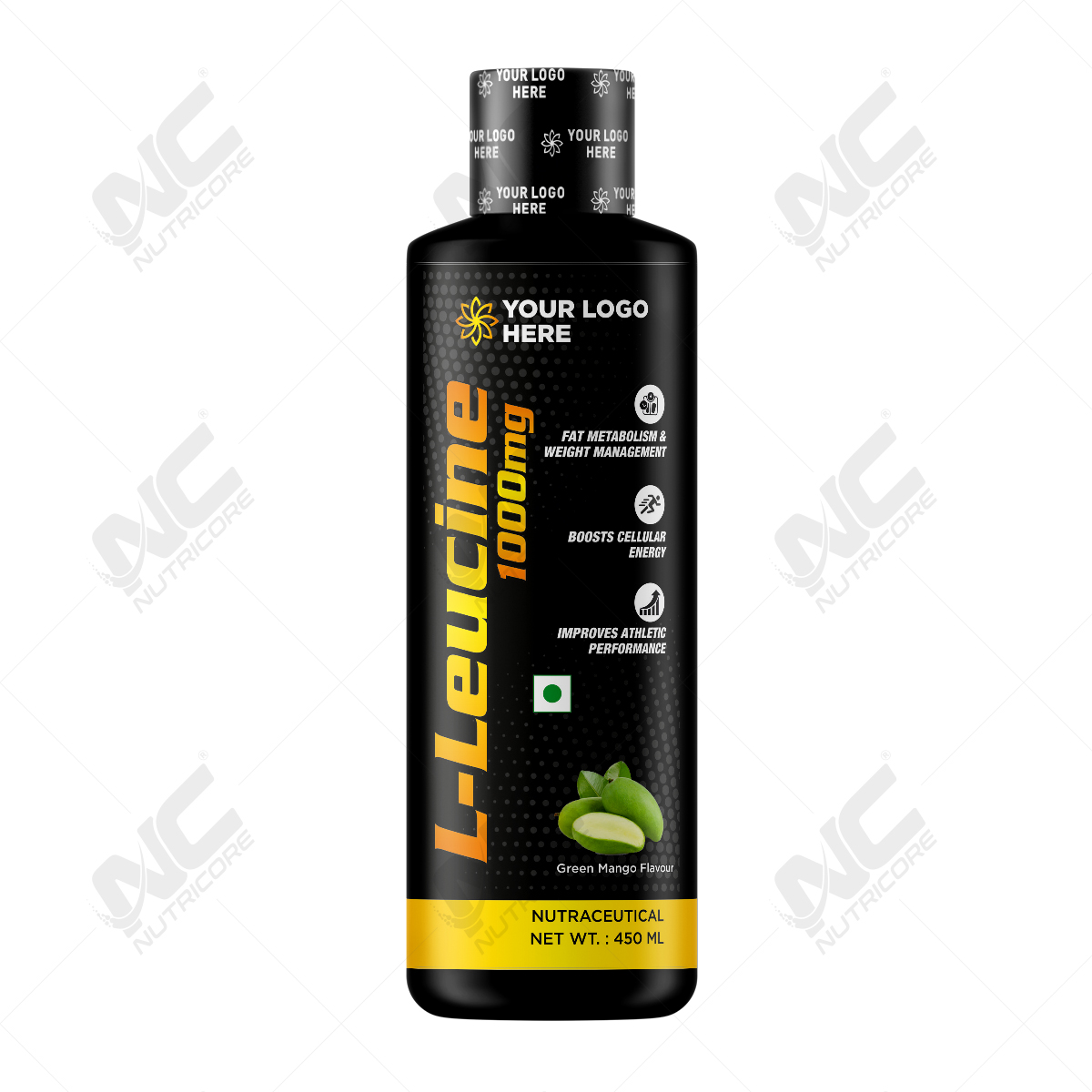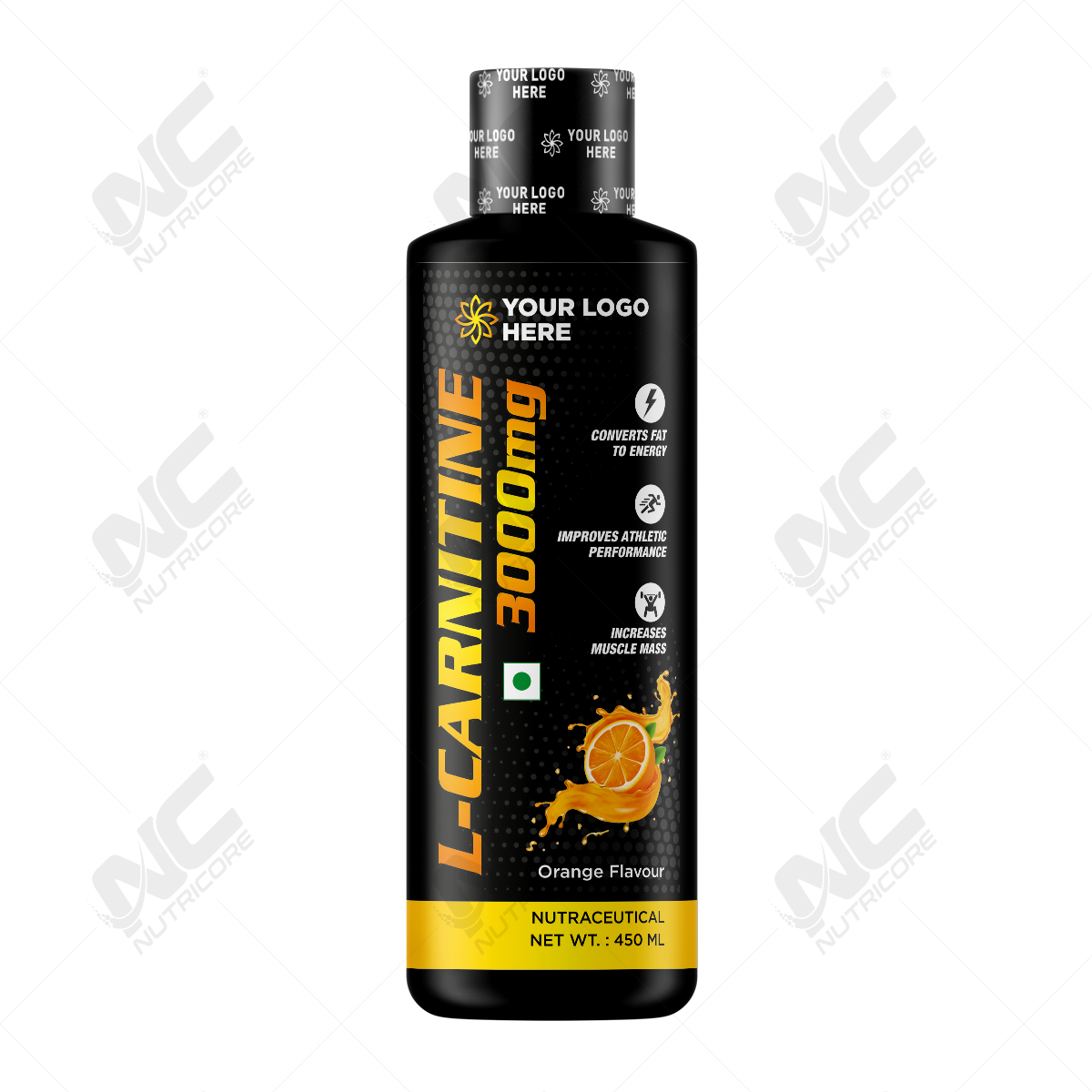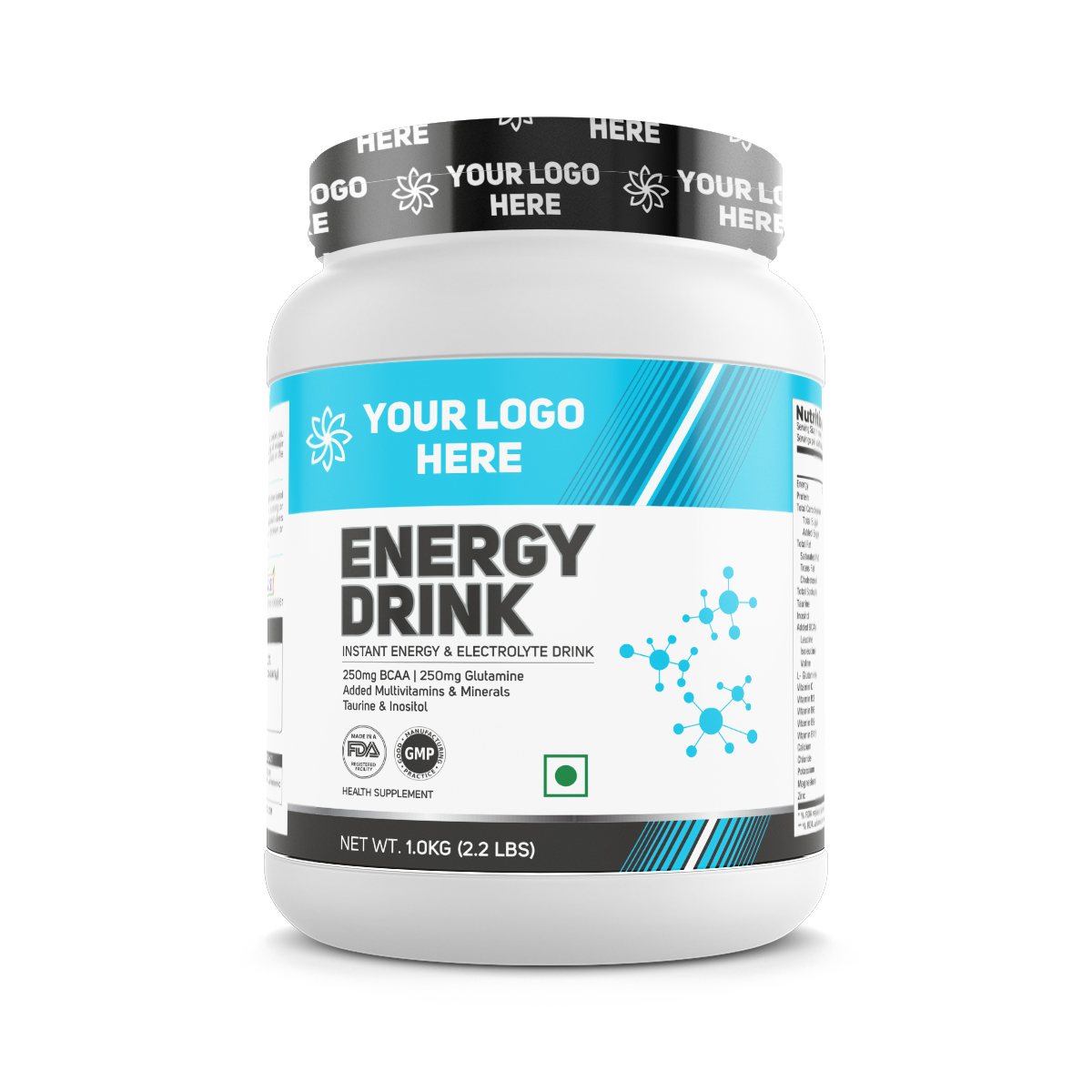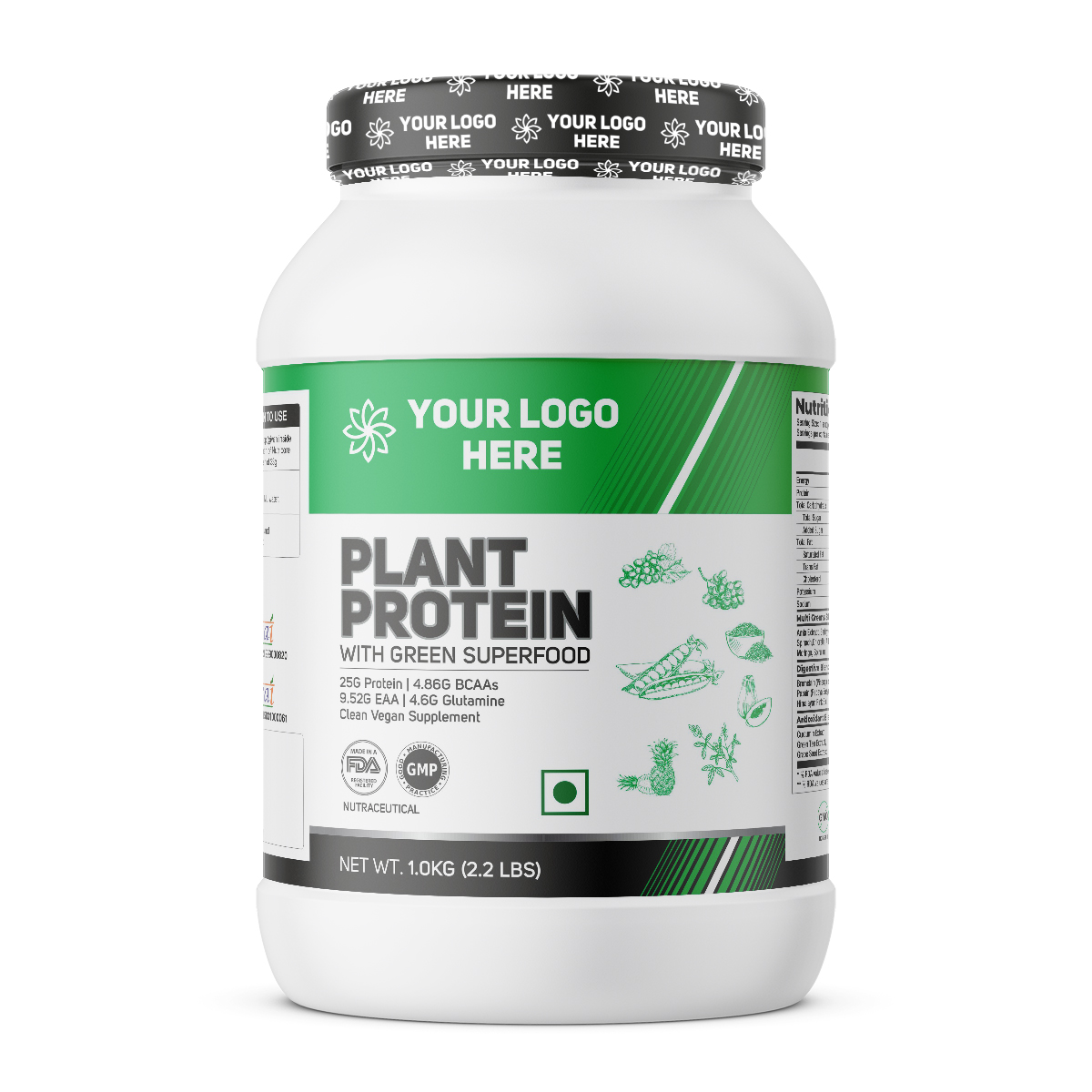
Get in Touch
-
Address
Plot No. 10 to 26, Sky Industries, Near Krishna Park Industries, Lindiad, Surat - 394530, Gujarat, India.
-
Email Address
-
Phone Number
Manufacturing of Customized Formulations
The manufacturing of customized formulations, spanning industries like nutraceuticals, involves a meticulous process from formulation design to distribution. Precision, regulatory compliance, and efficiency are paramount to ensuring product quality and success.

Client Specifications
The process begins with a detailed discussion between the client and the manufacturing team. The client specifies the desired attributes of the product, such as ingredients, dosage forms, flavors, colorings, and any other unique features.
Ingredient Selection
Based on the client's requirements, the formulators select specific ingredients with the desired properties and functionalities. These ingredients may include vitamins, minerals, botanical extracts, amino acids, or other bioactive compounds.

Formulation Development
Formulation scientists work on creating a customized blend of ingredients in precise proportions to achieve the desired product characteristics. The formulation may go through multiple iterations to optimize the product for efficacy, stability, and sensory attributes.

Testing and quality control
Custom formulations undergo rigorous testing to ensure they meet quality standards, including identity, purity, potency, and stability. Quality control measures are implemented throughout the manufacturing process to maintain consistency.
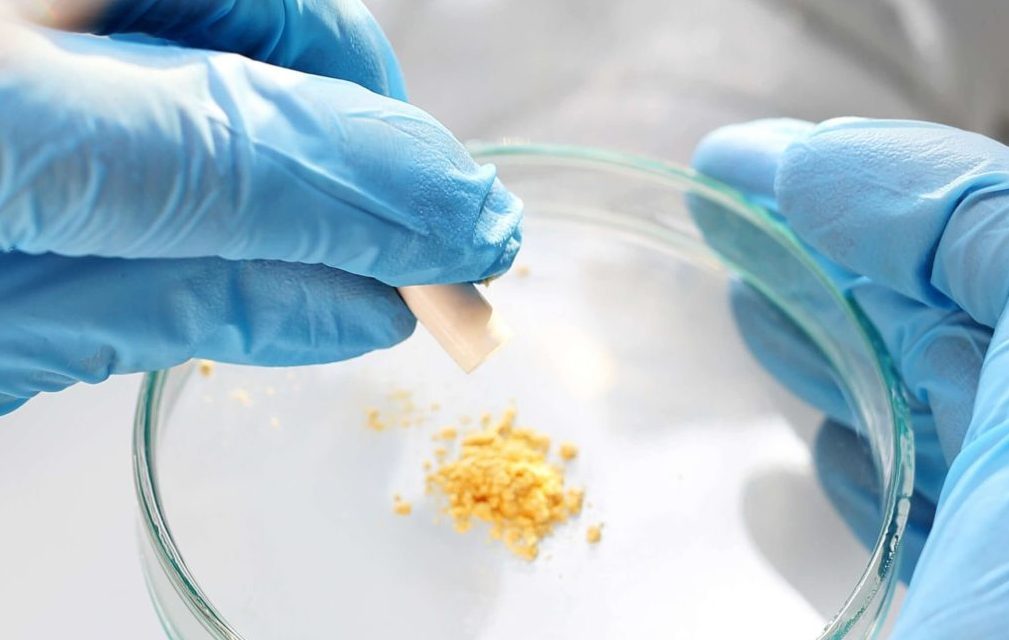
Our Capabilities
Customized Production in the Industry for Supplementary Brands
Customized production for supplementary brands involves tailoring supplement manufacturing to specific requirements, offering flexibility in formulation for unique product attributes, aligning with brand identity, and ensuring regulatory compliance.
About the Customs Formulation Process
01
Ingredient Selection
One of the crucial steps in custom formulation is selecting the right combination of raw materials and ingredients. This involves a careful evaluation of each component's properties, compatibility, and potential synergies in the final product. Considerations such as cost, availability, and regulatory compliance also play a role in the selection process.

02
Testing and optimization
The formulation undergoes rigorous testing to evaluate its performance against specified criteria. This may involve various trials and adjustments to achieve the desired characteristics, such as stability, efficacy, taste, or texture. Optimization is an iterative process, refining the formulation based on test results until an ideal balance is achieved.

03
Quality Control
Quality control measures are essential to ensure the consistency and reliability of the final product. This involves establishing specifications for both raw materials and the finished product. Regular monitoring and testing of batches help maintain quality standards and identify any deviations that may occur during the manufacturing process.

04
Regulatory Compliance
Meeting regulatory requirements is a critical aspect of the custom formulation process. It involves ensuring that the formulation complies with relevant laws and standards. This may include obtaining approvals or certifications from regulatory authorities. Documentation of the entire process is crucial for demonstrating compliance and facilitating regulatory reviews.


